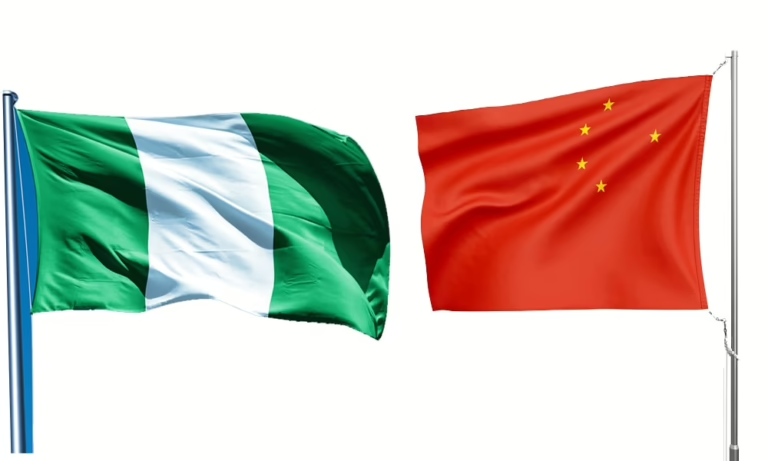The Federal Ministry of Foreign Affairs has officially endorsed China’s Global Governance Initiative (GGI), recognizing it as a crucial platform for tackling urgent issues within the international order.
The GGI conference, held in Abuja and co-organized by Nigerian scholars alongside Chinese officials, emphasized the necessity for comprehensive reforms in global institutions to foster a governance system that is more inclusive and representative of the Global South’s interests.
During a high-level seminar on the GGI in Abuja, jointly hosted by Nigerian academics and Chinese representatives, the ministry’s spokesperson, Kimiebi Imomotimi Ebienfa, conveyed Nigeria’s gratitude towards China for spearheading this initiative.
“Nigeria particularly values the initiative’s focus on five core principles: sovereign equality, adherence to the rule of law, commitment to multilateralism, governance centered on people, and action driven by tangible results. By supporting the GGI, Nigeria reiterates its dedication to establishing a fairer, more inclusive, and effective global order that embodies the aspirations of all nations and upholds shared responsibility and mutual respect,” the statement affirmed.
Mrs. Dong Hairong, counsellor at the Chinese Embassy in Nigeria, elaborated that the GGI is part of a broader framework that includes the Global Development Initiative (GDI), Global Security Initiative (GSI), and Global Civilisation Initiative (GCI), all contributing to China’s vision of building “a community with a shared future for humanity.”
“In an era marked by geopolitical strife, economic volatility, and health emergencies, the international community requires a governance model that is just, equitable, and inclusive,” she remarked.
She further highlighted the strong resonance of these principles with Nigeria and other African countries, emphasizing China’s readiness to collaborate with Africa in reforming global financial systems, reinforcing multilateral organizations, and elevating the Global South’s influence on the world stage.
In his keynote speech, Professor Sheriff Ghali Ibrahim, director of the Centre for Contemporary China-Africa Research, contextualized the GGI within the historical and philosophical evolution of governance. He traced the development of world order concepts from thinkers like Thomas Hobbes to Immanuel Kant, underscoring their significance in current discussions on sovereignty, peace, and international cooperation.
Contributions from Prof. Udenta Udenta, director-general of the Africa Writers Institute, and Dr. Muhammad Sani of Baze University, stressed that Africa must no longer be sidelined in global policymaking.
“Africa needs to assert its rightful place with enhanced representation in the Security Council and global financial bodies. Addressing the legacy of exclusion is essential for achieving genuinely inclusive global governance,” Udenta emphasized.
Attendees concurred that although reforms in global governance may progress gradually, persistent collaboration between China, Nigeria, and other African nations could expedite meaningful change. They viewed the GGI as both a significant opportunity to rectify global disparities and a challenge to ensure developing countries actively participate in shaping international decisions.






















